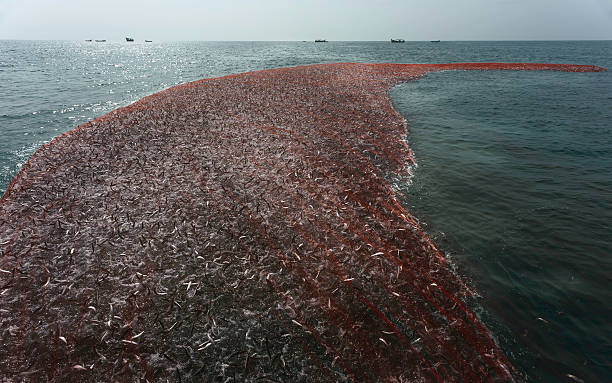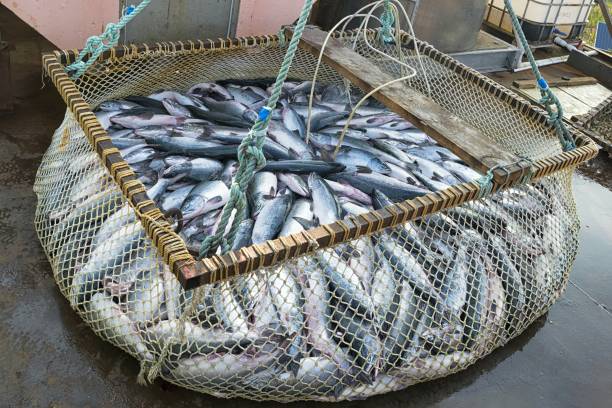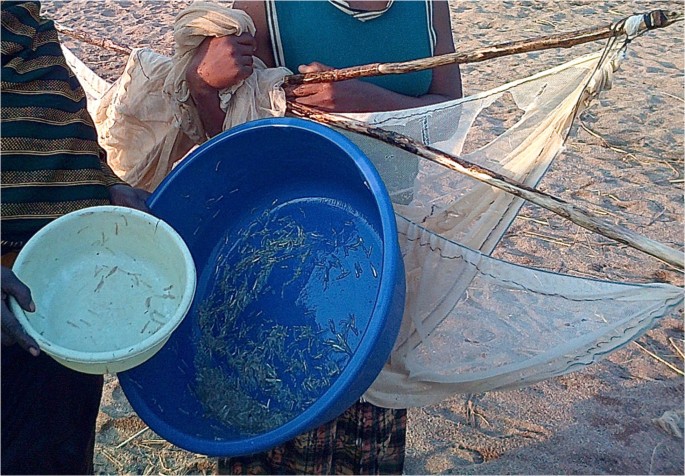
Fishing with bed nets on Lake Tanganyika: a randomized survey, Malaria Journal
Background Malaria is among the most common causes of death along Lake Tanganyika, a problem which many aid organizations have attempted to combat through the distribution of free mosquito bed nets to high-risk communities. The Lake Tanganyika Floating Health Clinic (LTFHC), a health-based non-governmental organization (NGO), has observed residents of the Lake Tanganyika basin using bed nets to fish small fry near the shoreline, despite a series of laws that prohibit bed net use and other fine-gauge nets for fishing, implemented to protect the near-shore fish ecology. The LTFHC sought to quantify the sources of bed nets and whether they were being used for fishing. Methods The LTFHC conducted a survey of seven lakeside villages in Lagosa Ward, Tanzania. The government has divided each village into two to six pre-existing geographic sub-villages depending on population size. Seven households per sub-village were chosen at random for survey administration. The survey consisted of 23 questions regarding mosquito bed net practices, including the use of bed nets for fishing, as well as questions pertaining to any perceived changes to the fish supply. Results A total of 196 surveys were administered over a four-week period with a 100% response rate. Over 87% of households surveyed have used a mosquito bed net for fishing at some point. The majority of respondents reported receiving their bed net for free (96.4%), observing “many” residents of their village using bed nets for fishing (97.4%), and noticing a subjective decrease in the fish supply over time (64.9%). Conclusions The findings of this study raise concerns that the use of free malaria bed nets for fishing is widespread along Lake Tanganyika, and that this dynamic will have an adverse effect on fish ecology. Further studies are indicated to fully define the scope of bed net misuse and the effects of alternative vector control strategies in water-based communities.

Road to People by Sławomir Redo - Issuu
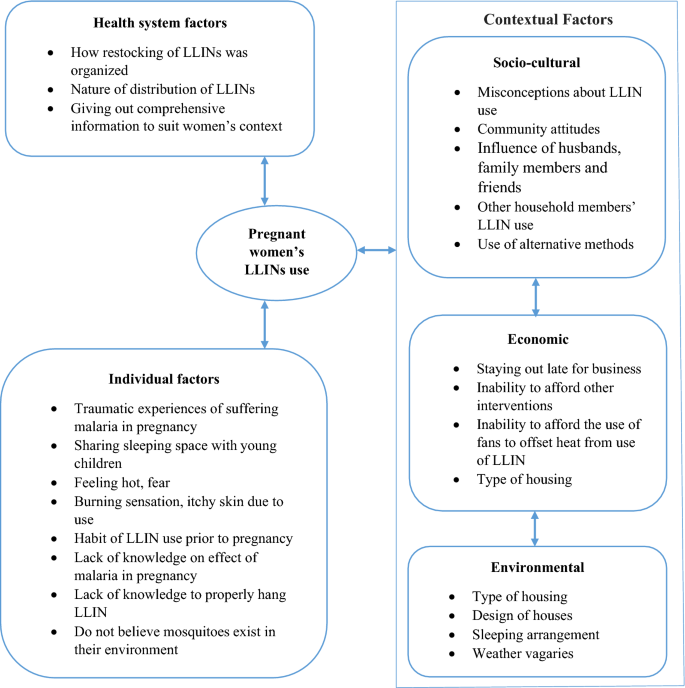
Health system, socio-cultural, economic, environmental and individual factors influencing bed net use in the prevention of malaria in pregnancy in two Ghanaian regions, Malaria Journal

Fishing with insecticide-laced mosquito nets is a global phenomenon
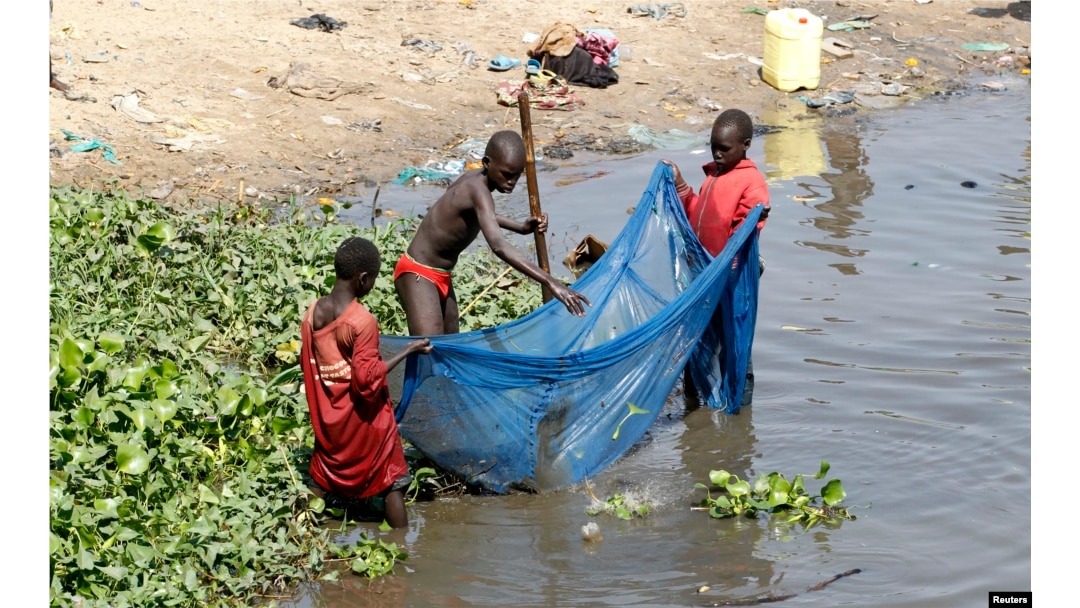
Mosquito Nets Widely Misused for Fishing, Study Finds
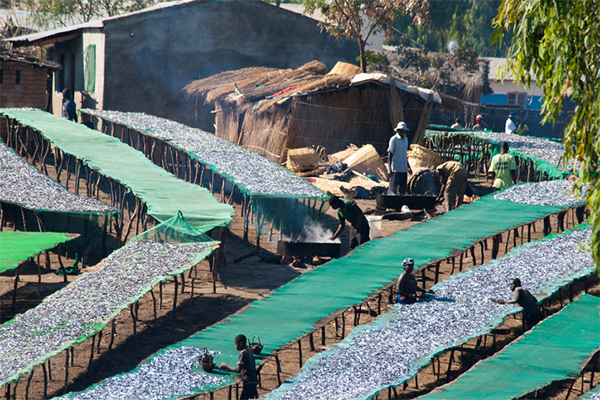
Financial and Food Insecurity Blamed for Mosquito Net Misuse

An increasing role of pyrethroid-resistant Anopheles funestus in malaria transmission in the Lake Zone, Tanzania

What happens to lost nets: a multi-country analysis of reasons for LLIN attrition using 14 household surveys in four countries, Malaria Journal

The perverse fisheries consequences of mosquito net malaria prophylaxis in East Africa
Widespread mosquito net fishing in the Barotse floodplain: Evidence from qualitative interviews
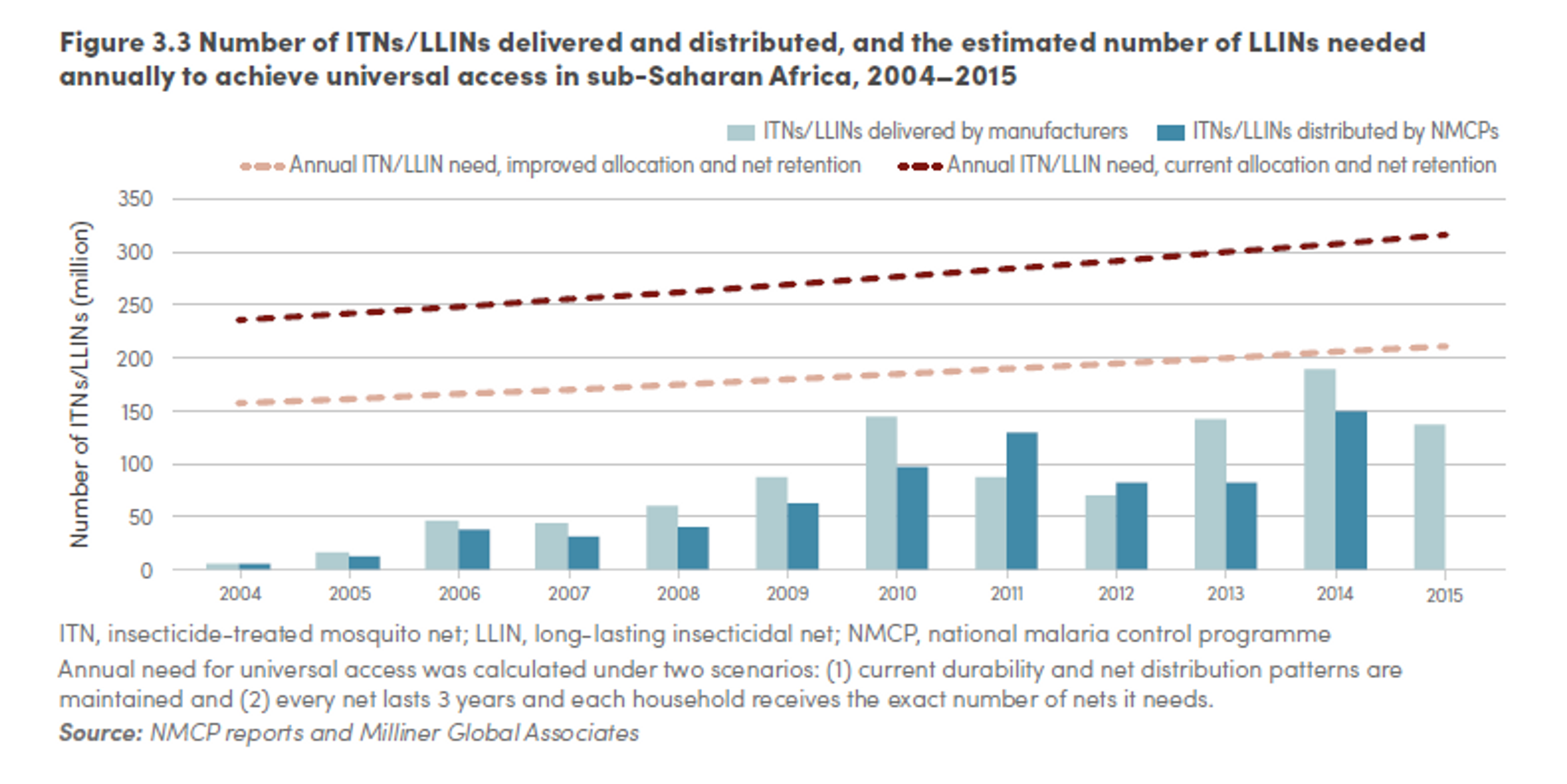
Malaria · Giving What We Can

To fight hunger, people who fish use mosquito nets


